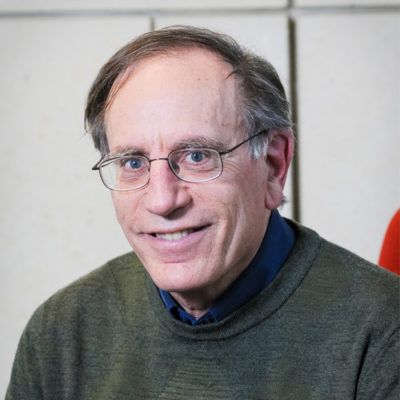‘Theft Of Honest Services’ Inside The Law Feds Use To Prosecute NY Politicians
Summary
Professor Robert Weisberg weighs in on the difficulties of prosecuting corruption in New York for Newsday.
The federal blitz on legislative corruption that has snared dozens of New York lawmakers hinges largely on a complex law that is being applied to the political world, where the line between routine politics and corrupt acts can become blurred.
The federal law is known as “theft of honest services,” which until recently was so broad that the U.S. Supreme Court struck down part of it. The ruling created a major hurdle for prosecutors. To get a conviction on the charge, they now also must prove bribery, extortion and other crimes were committed, authorities said. Prosecutions can drag on for years.
…
Now, however, “it truly applies only to a bribe or kickback or so-called quid pro quo,” said Robert Weisberg, a Stanford Law School professor and co-director of the Stanford Criminal Justice Center. “If you have very, very complex webs of alleged corruption with no monies or favors passing around through several parties, it is still possible, but harder to show there is a quid pro quo.”
…
”I think politicians definitely communicate in complicated networks,” Weisberg said. “They involve indirect communication and – I won’t use the word money laundering in a technical sense – but let’s say they have interesting ways of moving money around,” he said, referring to public budgets and discretionary spending.
…
”With U.S. attorneys in these situations,” Weisberg said, “if they are going for a big fish, they want a mega case before they announce. They probably have lots of lower-downs singing like canaries.”

